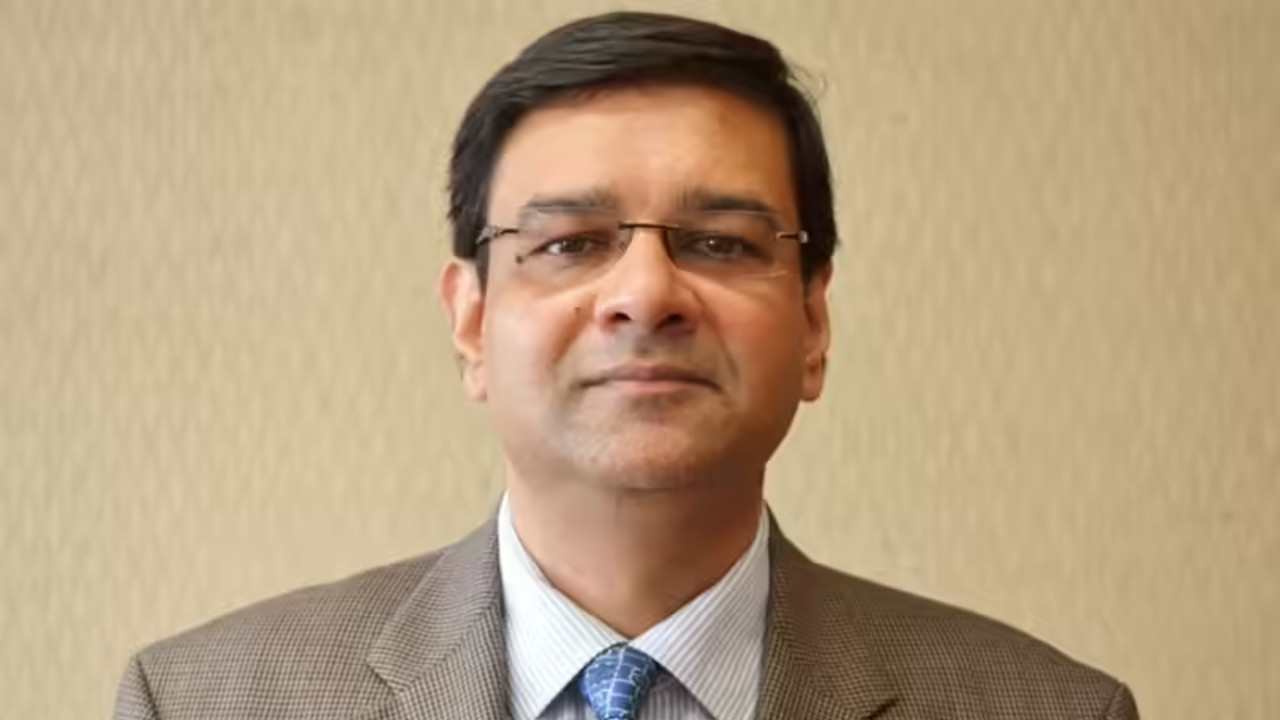Dr. Urjit Patel, former RBI governor, has been appointed as Executive Director at the International Monetary Fund for a three-year term, following central government approval. Patel previously served as the 24th RBI governor and also held the position of deputy governor, overseeing key areas such as monetary policy and economic research.
A New Voice for India at the IMF: Urjit Patel Takes the Helm
The International Monetary Fund (IMF), a global financial powerhouse, just got a new voice representing India’s interests. And it’s a familiar one: Dr. Urjit R. Patel, former Governor of the Reserve Bank of India (RBI), has been appointed as the Executive Director at the IMF, stepping into the shoes of Dr. Krishnamurthy Subramanian. The appointment, a significant move for India’s standing in the international financial landscape, is for a three-year term and began on June 22nd.
This isn’t just a changing of the guard; it’s a strategic placement of a seasoned economist and central banker right at the heart of global financial decision-making. Patel’s extensive experience navigating India’s economic complexities, particularly during his tenure at the RBI, makes him exceptionally well-suited to represent the nation’s perspective on crucial international financial matters.
Why Urjit Patel? The Perfect Fit for the IMF
So, why Patel? Beyond the obvious prestige of having led India’s central bank, Patel brings a unique blend of academic rigor and practical experience to the table. His understanding of macroeconomic policy, coupled with his first-hand experience of managing a large and diverse economy like India, offers a valuable perspective that will undoubtedly enrich the IMF’s discussions and policy formulations. Patel’s ability to analyze complex economic situations and articulate clear, actionable strategies is what makes him the right choice.

Consider his time at the RBI. He tackled inflation, oversaw significant banking reforms, and navigated periods of global economic uncertainty. These experiences have given him a deep understanding of the challenges faced by emerging economies, a perspective often crucial in IMF deliberations. His insights into the nuances of monetary policy, financial stability, and economic development are invaluable assets that he brings to his new role.
What Does This Mean for India’s Influence?
This appointment strengthens India’s voice within the IMF, a key player in shaping global economic policy. The Executive Director position isn’t merely ceremonial; it’s a powerful role with significant influence over the IMF’s lending decisions, policy recommendations, and overall strategic direction. Patel will be representing not just India, but also Bangladesh, Bhutan, and Sri Lanka. This is a massive responsibility, but the breadth of his experience in international finance makes him ideal to advocate for their diverse interests and navigate the intricacies of global economic governance.
Having someone with Patel’s background advocating for India and its neighboring countries ensures that the unique challenges and opportunities faced by these economies are properly considered in the IMF’s policy-making process. He will be instrumental in shaping the IMF’s approach to issues such as debt sustainability, climate finance, and inclusive growth, particularly in the context of developing nations.
Furthermore, Patel’s appointment comes at a critical juncture for the global economy. With rising inflation, geopolitical tensions, and the ongoing impacts of the pandemic, the IMF’s role in promoting global financial stability is more important than ever. His presence will undoubtedly contribute to more informed and nuanced discussions within the IMF, leading to more effective and equitable solutions to the world’s most pressing economic challenges. You might also be interested in reading more about India’s role in global financial institutions [here](internal-link-to-related-content).
Looking Ahead: A Future of Strong Representation
The next three years will be crucial, and Patel’s stewardship at the IMF promises a period of strong and informed representation for India and its constituents. His appointment reflects India’s growing economic influence and its commitment to playing a more prominent role in shaping the global financial architecture. With a wealth of knowledge and a proven track record, Dr. Urjit Patel is poised to make a significant contribution to the IMF and to advocate for the interests of the nations he represents on the world stage. His impact will be felt across the board, influencing policies and shaping the future of global finance.







